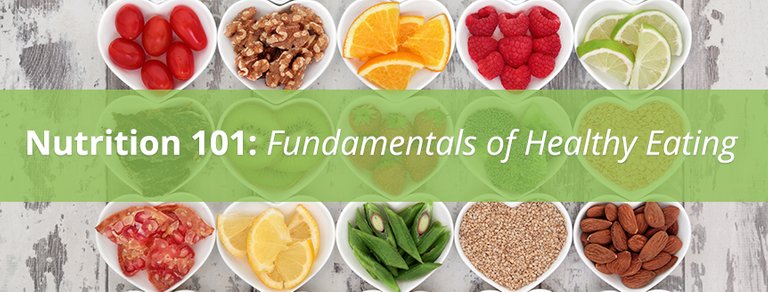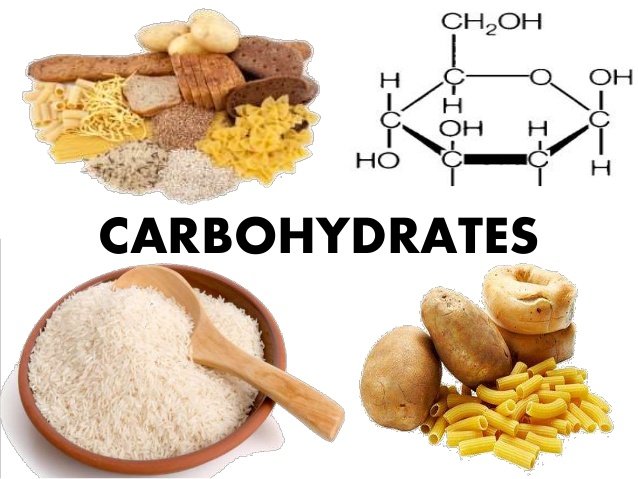( )
)
Healthy eating is not about strict dietary limitations, staying unrealistically thin, or depriving yourself of the foods you love. Rather, it’s about feeling great, having more energy, improving your health, and boosting your mood. If you feel overwhelmed by all the conflicting nutrition and diet advice out there, you’re not alone. It seems that for every expert who tells you a certain food is good for you, you’ll find another saying exactly the opposite. But by using these simple tips, you can cut through the confusion and learn how to create—and stick to—a tasty, varied, and nutritious diet that is as good for your mind as it is for your body.
What is a healthy diet?
Eating a healthy diet doesn’t have to be overly complicated. While some specific foods or nutrients have been shown to have a beneficial effect on mood, it’s your overall dietary pattern that is most important. The cornerstone of a healthy diet pattern should be to replace processed food with real food whenever possible. Eating food that is as close as possible to the way nature made it can make a huge difference to the way you think, look, and feel.
The fundamentals of healthy eating

While some extreme diets may suggest otherwise, we all need a balance of protein, fat, carbohydrates, fiber, vitamins, and minerals in our diets to sustain a healthy body. You don’t need to eliminate certain categories of food from your diet, but rather select the healthiest options from each category.
Protein gives you the energy to get up and go—and keep going—while also supporting mood and cognitive function. Too much protein can be harmful to people with kidney disease, but the latest research suggests that many of us need more high-quality protein, especially as we age. That doesn’t mean you have to eat more animal products—a variety of plant-based sources of protein each day can ensure your body gets all the essential protein it needs. Learn more »
Fat. Not all fat is the same. While bad fats can wreck your diet and increase your risk of certain diseases, good fats protect your brain and heart. In fact, healthy fats—such as omega-3s—are vital to your physical and emotional health. Including more healthy fat in your diet can help improve your mood, boost your well-being, and even trim your waistline. Learn more »
Fiber. Eating foods high in dietary fiber (grains, fruit, vegetables, nuts, and beans) can help you stay regular and lower your risk for heart disease, stroke, and diabetes. It can also improve your skin and even help you to lose weight. Learn more »
Calcium. As well as leading to osteoporosis, not getting enough calcium in your diet can also contribute to anxiety, depression, and sleep difficulties. Whatever your age or gender, it’s vital to include calcium-rich foods in your diet, limit those that deplete calcium, and get enough magnesium and vitamins D and K to help calcium do its job.
Carbohydrates!

Carbohydrates are one of your body’s main sources of energy. But most should come from complex, unrefined carbs (vegetables, whole grains, fruit) rather than sugars and refined carbs. Cutting back on white bread, pastries, starches, and sugar can prevent rapid spikes in blood sugar, fluctuations in mood and energy, and a build-up of fat, especially around your waistline.
cool post, thanks!
Hi! I am a robot. I just upvoted you! I found similar content that readers might be interested in:
https://www.helpguide.org/articles/healthy-eating/healthy-eating.htm